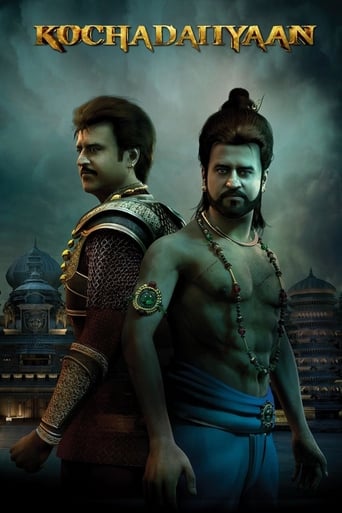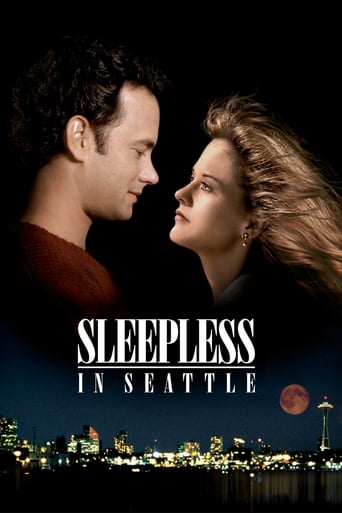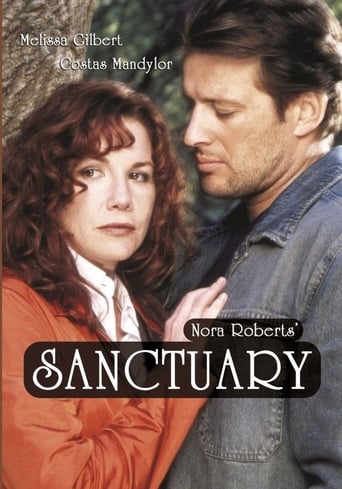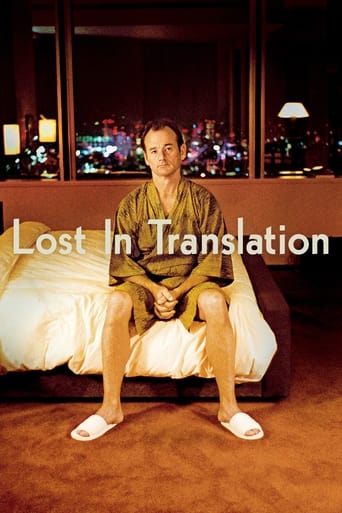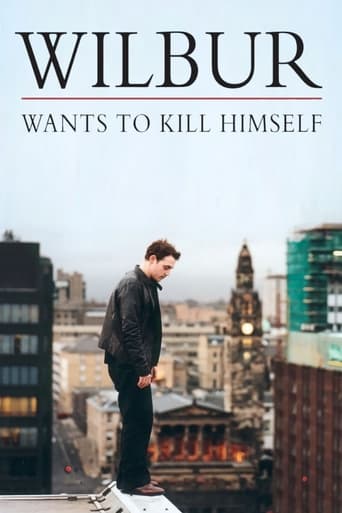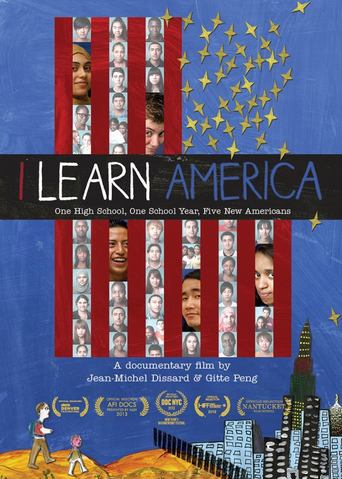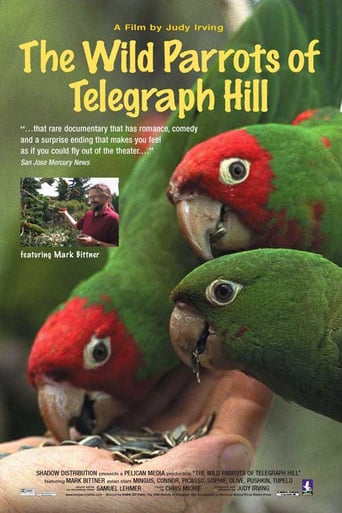

The Wild Parrots of Telegraph Hill (2003)
A homeless musician finds meaning in his life when he starts a friendship with dozens of parrots.
Watch Trailer
Cast
Similar titles
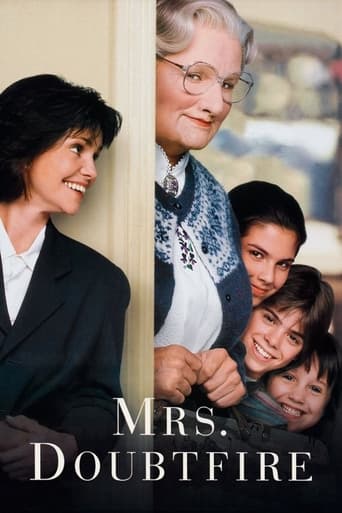
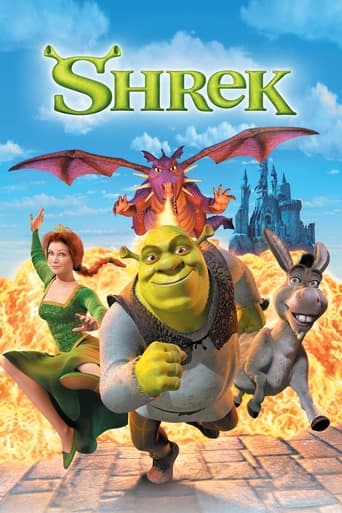
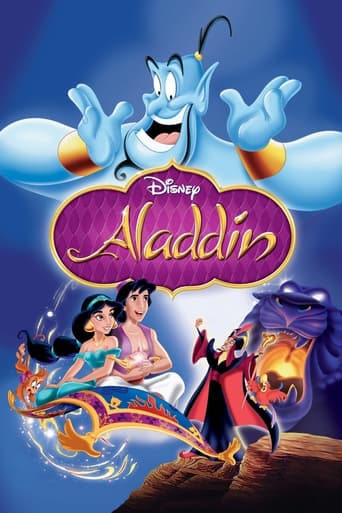
Reviews
Simply A Masterpiece
Pretty good movie overall. First half was nothing special but it got better as it went along.
It's funny watching the elements come together in this complicated scam. On one hand, the set-up isn't quite as complex as it seems, but there's an easy sense of fun in every exchange.
It's the kind of movie you'll want to see a second time with someone who hasn't seen it yet, to remember what it was like to watch it for the first time.
The Wild Parrots of Telegraph Hill was one of those most amazing films I have seen at the Nuart in Los Angeles. I saw this film with my father. who has had parrots for as long as i can remember. I may be partial to this film because of my bringing up. it just reminded me of visiting my family. It had everything i needed. I felt a strong connection with the entirety of this film. i absolutely loved the personal story telling. The connection to the parrots and the house. And it did not hurt to see it end in a love story. All in all i just really want to live in a secluded house with wild parrots all around. I would and i do suggest this movie to my friends even to film profressor's at SMC.
I just finished watching the DVD. We have flocks of the same birds down here in Southern California that are always fun to watch in the palm trees (I think that Mark Bittner was right in saying that these are monkeys more than they are birds). I never knew much about them; I just assumed they were migratory flocks from Mexico. The way this film took a simple story--an eccentric with a thing for wild parrots--and wove it into a larger lesson about existing in a universe that is bigger than any of us as individuals, was masterful. This is not a documentary about wildlife as much as it is a parable about our connection with everything that surrounds us. I am normally a cynic, but I found this film to be very moving. If only more people were able to slow down and feed the birds.
North Beach poet/writer/street musician Mark Bittner lived rent-free for three years in a small cottage on San Francisco's Telegraph Hill while trying to discover his life's direction, called Right Living in the Buddhist tradition. Instead of going to find it, however, he waited for it to come to him but he was growing impatient. "I've always had a feeling like I was on a path", he states, "that I was following the course of a river, and you don't jump the banks because you get impatient. So that's mostly what I was doing, but I was getting very impatient." His impatience ended when three green conures with red crowns showed up on his stairwell in North Beach. The next day twenty-six came, having either escaped from their owners or been intentionally released.Now they were in the city looking for gardens and parks, and people to feed them and they found their loving caretaker in Mark Bittner, a meeting seemingly meant to happen. All of this is documented in The Wild Parrots of Telegraph Hill, directed by Judy Irving who won a national Emmy and the Grand Prize at the Sundance Film Festival in 1983. She filmed the pony-tailed Bittner for almost a year, following him from his days trying to scrape up enough money for an espresso at Café Trieste in North Beach to the more comfortable present. The film is not just for or about the birds but about a gentle soul, his bond with nature, and a loving witness to the events. Since its release, it has grossed more than $3 million at the box office and has played in more than 440 venues.After reading Beatnik poets Jack Kerouac and Gary Snyder, Bittner took to heart Snyder's admonition to begin expressing your love of nature right where you are. He fell in love with the birds, feeding them, caring for them, and nurturing them when they were sick. Eventually he wrote a book about them that made the New York Times bestseller list in 2004. Bittner started feeding the parrots, photographing and cataloging them, while Irving filmed in 16mm enhanced to 35mm. As Irving narrates, we see the birds eating out of his hand, perching on his arm, and even pecking his ear as he creates a rhythm in their lives and becomes part of their daily routine. Bittner claims that each bird has a distinct personality and he gives them names such as Connor, a blue-crowned conure, Olive, a mitred conure and her friend Gibson, Pushkin who stole Olive from her friend Gibson and was the father of Mingus, Sophie, and Picasso.It is one of the sadder stories when Mark's favorite bird, the only blue-crowned conure who was never completely accepted by the flock, is snatched away by a hawk and we mourn when any of the birds dies. Bittner describes how the birds make it clear to him that we are all one and that our separateness is an illusion, like a waterfall that separates into many drops before coming together at the bottom. After seeing this film, one calls to mind the words of the poet e.e. cummings, "i thank You God for most this amazing day: for the leaping greenly spirits of trees and a blue true dream of sky; and for everything which is natural which is infinite which is yes." The beautiful birds opened up a new world for Bittner and Irving and may do so for you as well. They have now found the Right Living together and we are all the richer for it.
At first, I wasn't terribly keen about seeing this documentary about a flock of wild South American parrots even though it takes place in my city, San Francisco. The trailer, which I saw in the movie theater earlier this year and is included as an extra in the DVD, made it seem like one of those quirky stories about a lonely eccentric who takes care of birds. However, now that I have seen it, I can say it is a genuinely beguiling, even uplifting film that will surprise you with its charm and poignancy. Over the course of 83 minutes, local documentary filmmaker Judy Irving accurately conveys the heart and soul of Mark Bittner, a middle-aged, pony-tailed hippie who found his calling over a decade ago in taking care of over forty of these colorful birds from his ramshackle cottage on Telegraph Hill.Bittner's story is familiar having dreams of becoming a rock musician, he moved to San Francisco in the 1970's but could never find a job to suit his free spirit. He is not the stereotypical homeless slacker, at least as portrayed by Hollywood, but an eloquent, obviously sensitive man who doesn't easily share his feelings with others except with the parrots he has come to know and name. What Irving has done particularly well is not portray Bittner as a selfless savior of these birds but as a realist who respects the freedom the wild birds need and tend to them when they are ill or injured. In fact, according to a city official interviewed in the film, environmentalists want them removed, even destroyed, as they are not a native species.Bittner, on the other hand, knows how the birds have adapted naturally to the cold climate of Northern California and continue to thrive in such an anomalous, urban landscape. The film does not shy away from the tragedy inevitable with wildlife, namely predators like hawks who hover above the city and perhaps more destructively, the ignorance of humans. Bittner himself speaks candidly about the trap of anthropomorphism, i.e., attributing human characteristics to the parrots, especially given the all-too-human penchant to project feelings onto animals. This becomes challenging to the viewer as well since what stays in the memory are the beautiful close-ups of the parrots and their obviously loving interactions with him. The birds - among them, Mingus, Pushkin, Tupelo, Picasso, Sophie - have individual stories that indeed humanize them to some degree, and the most interesting is the plight of Connor, the only blue-crown parrot among the cherry-crowns and consequently the resident outsider.What makes him and the film so noteworthy, however, is the fact that contrived sentimentality is averted in favor of a more journalistic approach to this highly personal story. The chief example of this is when the film documents a challenging development - the property owners have to evict Bittner from the cottage as part of a major renovation. Instead of being portrayed as villains, the obviously well-to-do owners are shown to be good, realistic people who have allowed Bittner to stay on the property for three years without rent. Irving also provides a lot of nice contextual touches with shots of Bittner in North Beach, the dramatic visual and audio contrast between the parrots and the soaring Blue Angels, and interviews with people who share "urban legends" about the origin of the parrots. I particularly like the establishing shot of the film when a particularly cynical inquisitor questions Bittner about how wild the parrots could be since they interact so easily with him. Irving and Bittner should be rightly proud of this heartfelt film.The DVD package has loads of extras targeted to those enthralled by Bittner's story, including most importantly, a seven-minute update on the parrots. There are seven deleted scenes, all understandably excised, but they nonetheless provide additional insight into Bittner's story as well as the parrots themselves. One interesting excerpt is a 14-minute interview with a woman who took care of the flock prior to Bittner and illustrating how the birds drew people from different walks of life. Four shorts are also included a more in-depth profile of Connor, a follow-up report on Mingus at the Oasis Sanctuary in Phoenix, a featurette on California quails in the Presidio, and almost half an hour of Bittner's own home movies, which I assume is the basis of the film. There is even a music video of pianist-vocalist Roberta Fabiano signing a forlorn paean to the parrots. "Dogen, Connor and Tupelo".
